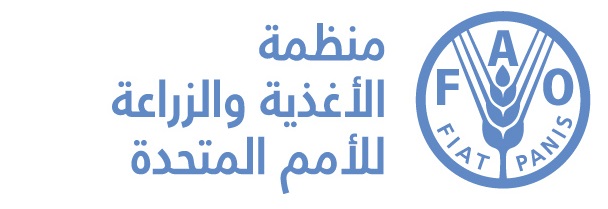Guidelines for surveillance for plant pests in Asia and the Pacific
Published: إثنين, 14 إبريل 2014, 11:28Last updated: ثلاثاء, 12 مايو 2015, 13:56
Production of this manual has also been supported by the Rural Industries Research and Development Corporation (RIRDC). It is important to RIRDC that Australia has the capacity to take pre-emptive actions to mitigate threats posed by exotic pests. This manual, through training plant health authorities in regional countries to describe the health status of their crops, allows Australia to address pest threats at source rather than aft er they are detected in Australia. This manual will assist plant health scientists to devise surveillance programs and to transmit specimens to the laboratory for identifi cation and preservation. Countries can then begin to share results of the surveys with each other and this should lead to increasing wider cooperation in plant health research.
Resources on this page are not intended to be interpretations of ISPMs and terminology used may not be consistent with ISPM 5. Unless otherwise indicated resources, or pest distributions contained within them are not endorsed/adopted/agreed by the CPM nor developed under the auspices of the IPPC Secretariat, and are the exclusive responsibility of the author of the contributed phytosanitary resource.
Resource provide by:- NPPO of Australia
Tags:
- Manual/Guide
Documents:
Guidelines for surveillance for plant pests in Asia and the Pacific part1.pdf
Guidelines for surveillance for plant pests in Asia and the Pacific part2.pdf
Guidelines for surveillance for plant pests in Asia and the Pacific part3.pdf

